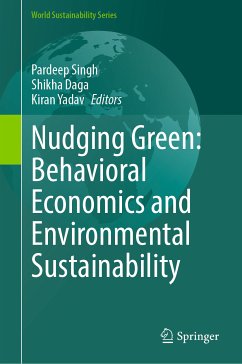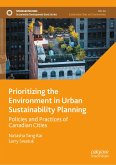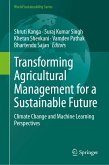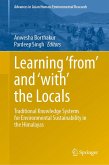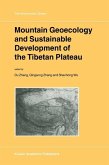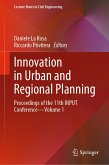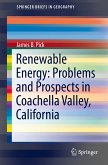The book therefore provides an in-depth understanding of the environmental and climatic issues and the role played by people's psychology in addressing them. The book highlights cognitive biases and nudges that can be used to negate or reduce the negative impact of decision-making on the environment.
The book provides a detailed explanation of the topic along with illustrations, tables, and case studies that make it easy to understand and apply the concepts. The methods, results, and topics covered in the book will be of particular interest to readers interested in behavioural economics, sustainable development, environmental conservation, and various biases that impact decision-making and the nudges that are used and can be used to bring environment protection.
The main benefit that readers will derive from the book is a comprehensive understanding of behaviour, biases and nudge-based solutions and their potential to address major challenges faced while making decisions. The book is helpful for policymakers, researchers, practitioners, and students interested in behavioural economics, biases, sustainable development, and environmental protection.
Dieser Download kann aus rechtlichen Gründen nur mit Rechnungsadresse in A, B, BG, CY, CZ, D, DK, EW, E, FIN, F, GR, HR, H, IRL, I, LT, L, LR, M, NL, PL, P, R, S, SLO, SK ausgeliefert werden.

